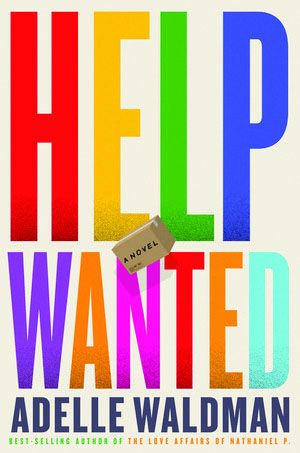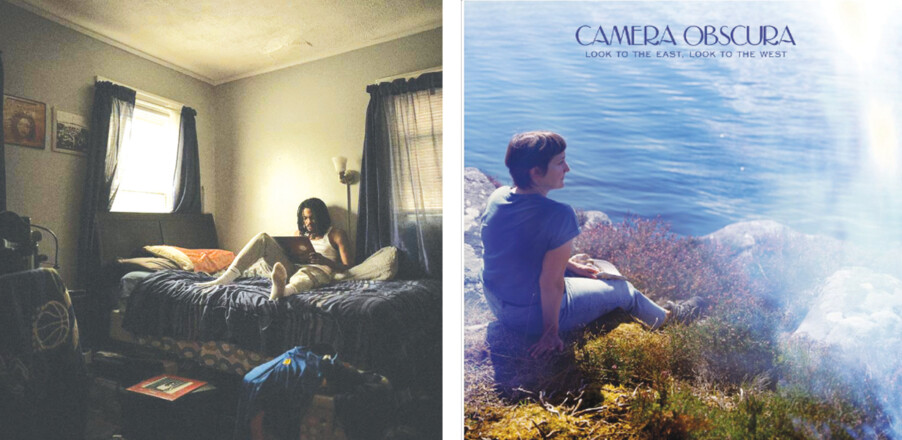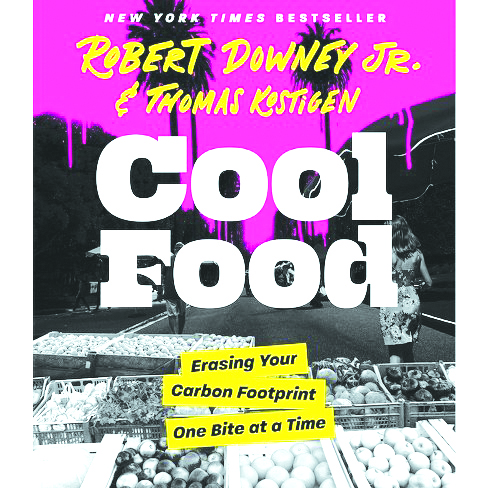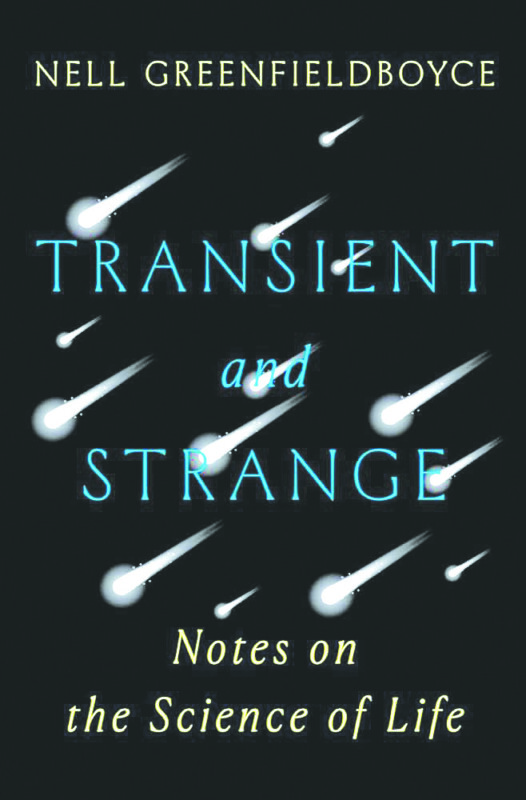Gryphon Rue, 4n_Objx (self-released)
Traditionally, my desk has been a dumping ground for noise and avant releases of all types, which I’ve never minded; the only thing that gets on my nerves is impromptu jazz that uses badly matched acoustic instruments, like, say, a fiddle with a clarinet. I mention all that merely as preface for this, which is decidedly not acoustic at all; in fact it’s a very techy and quite accessible blend of electroacoustic, field recordings, tropicalia psych and krautrock. There’s an underwater, deeply textural feel to all the contents, which unexpectedly shift into bizarre royal-trumpet parts like the soundtrack from The Cell (the J-Lo one I mean) and then gradually move back to more aquatic, graceful spaces. Rue is a New York City kid, and this isn’t his first LP; I’m sure he’ll be a soundtrack force in future. I almost hate to call it experimental, since that tends to scare people off, but yeah, these are doodlings, but high-end ones. A+
—Eric W. Saeger
Caldwell, Caldwell (Popclaw/Rise Above Records)
New Orleans-based rocker Kevan Caldwell is a member of The Planchettes, which probably doesn’t mean anything to you, but you should check them out, because they were like a ’60s garage/horror rock New York Dolls, like, if three subway rats formed a band and got booted out of every place they played, they would have sounded like The Planchettes. This dude is sort of a chicken-fried Nick Cave, evident from the wah-pedal groove of opener “No Flowers Today” and the breezy, acoustic-fronted pop idealism of “Love Confessions,” to the tripped-out nursery rhyme strut of “Picturesque Self Portrait,” this is an album of endless curveballs, one that any psychedelic garage lover should consider investigating. He was big into the Kinks at the time of writing this LP (Covid lockdowns informed it as well), so it’s a peek into this guy’s soul, which seems to be a welcoming place. A —Eric W. Saeger
PLAYLIST
A seriously abridged compendium of recent and future CD releases
• Just like every other Friday, we’ll see a relentless storm of new CDs on April 26, can you hardly even wait or what, folks? Like every week, I’m about to look at my super-secret list of new CDs, a list that only professional music journalists can see at metacritic.com, after I’m done whispering prayers to Odin that every CD on the list won’t be annoying. Wait, we have a nice start for once, with a new Pet Shop Boys album, called Nonetheless! Over the years, Pet Shop Boys have become a secret, guilty pleasure for people who don’t like all the really bad music that’s been put out for decades now (OK, fine, maybe they aren’t so secret, given that they were listed as the most successful duo in U.K. music history in the 1999 edition of The Guinness Book of Records, can you just not argue with me for once, that’d be great) and prefer music that makes them feel good, not that they started out that way. Like, their first hit single in the ’80s, “West End Girls,” used to get on my nerves and make me think of creepy incels, but 15 years ago their PR person sent me a copy of their album Yes, and I was all like, “Wait, when did these guys become the greatest duo in U.K. music history?” But putting that aside, all I can hope is that their newest single, “Loneliness,” is unequivocally awesome, so that I can make fun of myself again for being so wrong about this successful U.K. duo! Oh darn it all, it’s awesome, a really mellow krautrock-infused thing with a rubber-band beat and way-toned-down vocals, excuse me while I’m once again forced to recite 50 “Hail Odins.”
• Wolfgang Tillmans is a really famous photographer from Germany, which somehow led to his believing that he’s also a musician, and so he has done Music Stuff, including having one of his tracks sampled by Frank Ocean on his video album Endless. Yes, there is much postmodernism going on here, which is annoying to people like Jordan Peterson but enticing to others who are art-challenged. I cannot choose, so I’m going to let Tillmans’ music do the talking and listen to “Here We Are,” which is apparently included in Tillmans’ new album, Build From Here. OK, it starts out annoying, with a droopy krautrock intro synth-line that drags on forever, and then it becomes a David Bowie thing. Boring. Oh wait, here’s another tune that’s on the album, called “Where Does The Tune Hide,” and Tillmans sings on it. Ack, gross, it’s like Haujobb (if you even know them) but it’s super stupid, a bunch of pretentious New Age nonsense. This is not my favorite record of all time.
• Lol, I remember way back in the mid-2010s, when bands were giving themselves names that had two V’s in them, do any of you people even remember that doomed little mini-trend, like Wavves? Well, I’m here to report that there is a new band that does that, called Hovvdy, whose self-titled album is here, for my expert examination, get on my doctor table, little album, and let’s have a look at ya. Hm, the doctor chart here says they’re an American indie-pop duo from Austin, Texas, I’ll bet it sounds like Guster, let’s go check out the single, “Forever.” Yup, ding ding ding, it sounds like Guster but with a little Vampire Weekend syncopation but not enough to register an actual pulse. Holy cats, folks, let’s wrap this week up.
• Lastly we have famous French tech-house producer duo Justice, with their newest album, Hyperdrama! You remember these guys, with their asphalt-grating Ed Banger sound that’s gone the way of the McDLT, but the new single is “Generator,” made of typical edgy noise-electro, like soundtrack music for a live-action Pokemon movie, so nothing’s changed. They’re coming to the MGM Music Hall in Boston on Aug. 2. —Eric W. Saeger






